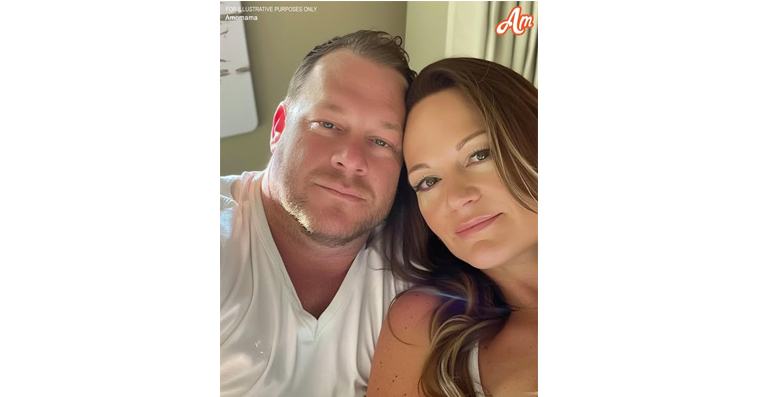Our Kids Accused Us of Spending Their Inheritance — The Audacity Shocked Us So Deeply We Decided to Teach Them a Lesson
My husband and I had worked hard our entire lives, sacrificing luxuries to provide for our family. Now, in our golden years, our doctor had recommended we take a vacation to relax and enjoy life a little. Excitedly, we booked a modest trip out of state—a quaint hotel, scenic views, nothing extravagant. I couldn’t wait to share the news with our kids.
When I showed them a picture of the hotel, expecting smiles or excitement, their reactions blindsided me.
My daughter sighed dramatically and looked away. “You know, you should think about us too. Your money isn’t just yours; it’s also our inheritance. If you spend it all in your last years, we’ll have nothing after you’re gone.”
I was too stunned to respond before my son chimed in. “Yeah, do you even need this vacation? People your age should stay home and keep it low-key. You’re always spending money. What if there’s nothing left for us later?”
My chest tightened. The entitlement, the lack of empathy—it cut deeper than I thought possible. Tears pricked my eyes, but my husband squeezed my hand, signaling me to stay calm.
Later that night, he sat me down and said, “They’ve forgotten how hard we’ve worked and how much we’ve done for them. Let’s remind them.”
A week later, my son called me, his voice trembling with anger. “Mom! What’s this about you selling the house?”
I smiled to myself and replied casually, “Oh, didn’t your father tell you? We’re selling the house to fund our retirement. We realized we should enjoy our money while we’re still able to.”
“But that’s *our* house! Where are you going to live?” he yelled.
“Oh, we’re downsizing,” I said breezily. “A little condo near the beach. It’s smaller, but it’s just the two of us now, so it’s perfect.”
By then, my daughter had joined the call, equally outraged. “How could you do this without consulting us? That house has sentimental value!”
“It’s *our* house,” my husband interjected firmly, having picked up the extension. “We worked for it, maintained it, and paid the mortgage. And now we’re using the proceeds to enjoy the retirement we’ve earned.”
“But what about us?” my daughter whined. “We were counting on that inheritance!”
“That’s exactly the problem,” my husband replied, his tone calm but authoritative. “You’re acting like you’re entitled to money we’ve spent decades earning. We’ve raised you, educated you, and given you every opportunity to succeed. Your inheritance, if there’s anything left, is a gift—not a guarantee.”
They both fell silent.
The conversation ended on a tense note, but the message was clear: their entitlement wasn’t just hurtful—it was unacceptable.
A few months later, we moved into our cozy beachside condo. We didn’t actually sell the family home; we’d rented it out for extra income. But we kept that to ourselves, letting the kids sweat a little as they processed the reality check.
Over time, their attitudes shifted. Perhaps it was guilt, or perhaps they realized the depth of their selfishness, but they started visiting more, asking about us instead of our finances.
By the time we revealed the truth about the house, they had learned the most valuable lesson: relationships and love are worth far more than any inheritance. And for us, seeing them finally appreciate us was worth every penny.

